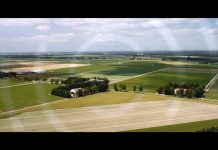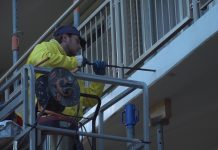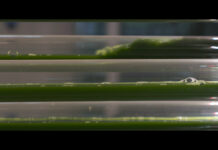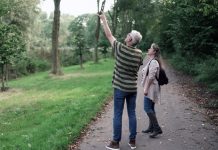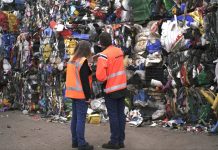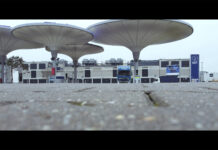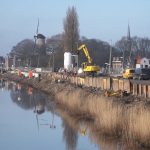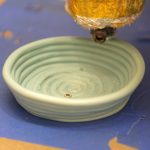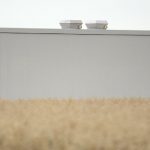Digital Farming NHN
In Noord Holland wordt met het project Digital Farming NHN onderzoek gedaan naar de mogelijkheden van digitale landbouw. Uiteenlopende partijen onderzoeken hoe ze samen tot een goed werkend systeem kunnen komen. Doel hierbij is de landbouw verder verduurzamen met gebruik van digitale hulpmiddelen.
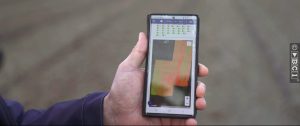
Precisietechnologie
Door gericht te werken, hoeven er minder gewasbeschermingsmiddelen gebruikt te worden. Ook het gebruik van kunstmest kan hiermee verlaagd worden. In theorie klinkt dit prachtig maar in de praktijk heeft het best nog wat voeten in aarde. Bij de ontwikkeling van deze precisietechnologie wordt tegen verschillende uitdagingen aangelopen.
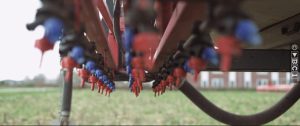
De uitdaging
Het is noodzakelijk dat de grond en de planten nauwgezet in beeld gebracht worden. Hier is kennis en specialistische apparatuur voor nodig. Kennis van de grond, kennis van planten en van eventuele ziektes. Dan is actuele informatie van de situatie ter plekke nodig om een weloverwogen beslissing te kunnen maken. Daarom wordt samengewerkt met verschillende disciplines en beroepsgroepen. In dit project wordt onder leiding van Greenport NHN en LTO Noord samengewerkt door verschillende agrarische bedrijven, een Hogeschool, een onderzoekscentrum, leveranciers van apparatuur, software ontwikkelaars etc.
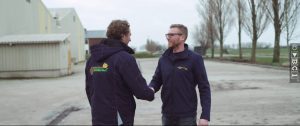
Serie
Om een goed beeld te geven hoe dit project verloopt maken we een serie waarin diverse deelnemers over hun ervaringen vertellen. In dit eerste deel komen bollenteler Stef Ruiter van J.C.J. Ruiter Wever uit Andijk, Sander Dekker van Agrotheek en Pieter Vlaar van Vertify aan het woord. De deelnemers zijn het er allemaal over eens dat digitalisering en precisietechnologie een uitstekend hulpmiddel zijn om een duurzame landbouw te garanderen.
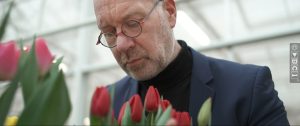
Meer informatie over verduurzaming in de landbouw
In de reportage De toekomst van de bloembollenteelt vertellen deelnemers van Fieldlab Bol hoe zij binnen dit project werken aan duurzame teeltmethoden.
Zie ook:
Digital Farming Deel 2
Digital Farming Deel 3
Digital Farming Deel 4
Klimaatvriendelijk boeren met eTrac en Silphie


